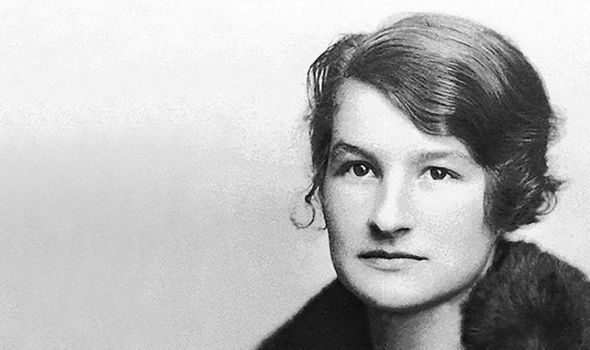

It is impossible to know who, or how many, made up the French resistance during World War II. No records were kept; and after the war a considerable mythopoeia grew up that engulfed such historical data as might have existed. The French schoolgirl who, seated at her desk, tapped out with her pencil, or her fingernail, dot-dot-dot-dash – Morse code for “V,” as in victoire, victory – might claim after the war that she was involved in the resistance. And in some sense, she was. At various times Picasso, Josephine Baker, and Hemingway, claimed that they were involved in the resistance. And in some sense, they were.
At the other extreme there were the collaborators, the Klaus Barbies, the Vichy milice. These were Hitler’s willing – no, enthusiastic – allies.
Most French, however, lived by the notion of accommodation. They were not Nazi enthusiasts. But they acclimated themselves to the new order, the realities of earning a living, encountering Germans on patrol or in the metro, getting permits and certificates to conduct daily life. Resistance, after all, would be futile. And it could make matters worse.
Which brings us to Virginia Hall.
Virginia Hall was an American woman, well-bred, well-educated (Radcliffe and Barnard, no less). She happened to be a tourist in France when Germany invaded and, to the shock of the Western world, France collapsed almost overnight. In all likelihood she could have gotten out, gotten to England or Spain or Portugal. Much of her life is shrouded in mystery, and we do not know why she chose to stay. Perhaps she recognized that France’s fight in 1939 would be America’s fight by the end of 1941. Perhaps she was raised to believe that democracy is such a uniquely precious thing that it must be defended whenever and wherever it is attacked.
Perhaps she realized that accommodation is every bit as bad as collaboration; that resistance is never futile; and that when liberty is lost, nothing can make matters worse.
Virginia Hall was the most important American participant in the resistance. We know that because the Gestapo referred to her as “the most dangerous of all allied spies.” Barbie and the other Nazi higher-ups in France spared no effort to capture her. She outwitted them at every turn.
After the war Virginia Hall was decorated by both the British and American governments. She spent the following decades working quietly at a desk job in the bowels of the CIA’s Langley facility. She is commemorated in the CIA museum – but that museum isn’t open to the public, and the odds are you’ve never even heard of Virginia Hall. She died at age 76 on this day, July 8, 1982.
Vive la resistance!

